Share This:

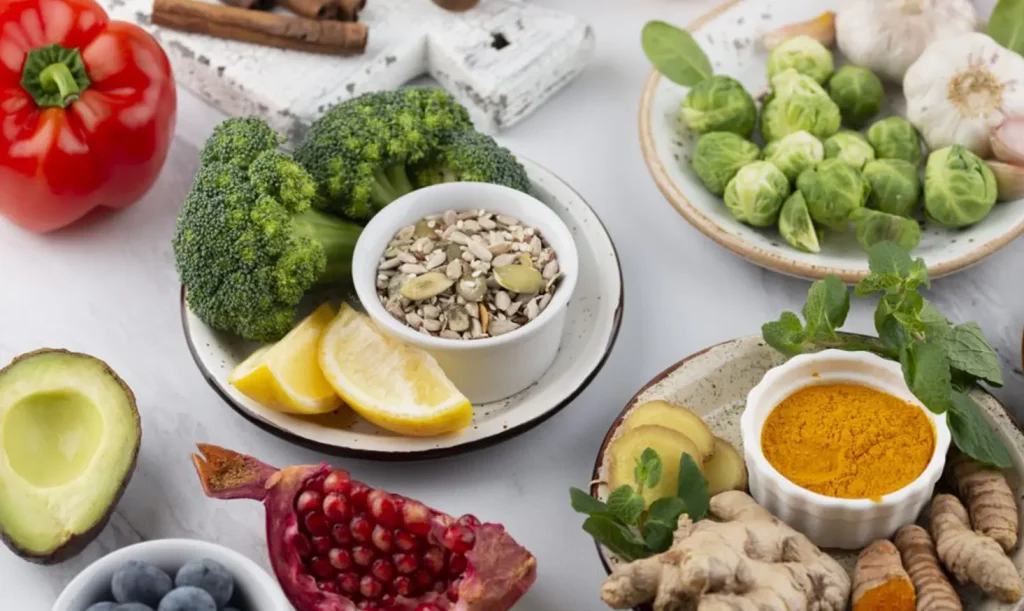
1. https://www.healthline.com/nutrition/cancer-and-diet
2. https://www.betterhealth.vic.gov.au/health/healthyliving/antioxidants
3. https://www.aicr.org/news/tomatoes-other-foods-containing-lycopene-may-protect-against-prostate-cancer-study-finds/
4. https://wiki.cancer.org.au/policy/Position_statement_-_Beta-carotene_and_cancer_risk
5. https://www.nhs.uk/live-well/eat-well/5-a-day/why-5-a-day/
6. https://www.mdpi.com/1420-3049/28/11/4322
7. https://www.healthhub.sg/a-z/diseases-and-conditions/24/colorectalcancer
8. https://www.betterhealth.vic.gov.au/health/conditionsandtreatments/cancer-and-food
9. https://www.cohamed.com/blog/cancer-preventing-foods
10. https://www.medicalnewstoday.com/articles/cancer-causing-foods
11. https://www.mdanderson.org/cancerwise/sugar–insulin-resistance-and-cancer–what-is-the-link.h00-159461634.html
12. https://foodforbreastcancer.com/foods/green-tea
13. https://www.ncbi.nlm.nih.gov/pmc/articles/PMC8466984/
14. https://www.mayoclinic.org/diseases-conditions/cancer/expert-answers/curcumin/faq-20057858
15. https://www.cancer.org.au/iheard/does-resveratrol-slow-cancer-cell-growth
16. https://www.mdanderson.org/publications/focused-on-health/sulforaphane-benefits–how-leafy-veggies-like-broccoli-and-bruss.h13-1593780.html
17. https://www.frontiersin.org/articles/10.3389/fimmu.2023.1077531/full

At The Cancer Centre (TCC), Dr Wong Seng Weng and his medical oncology team are focusing their expertise on implementing preventive measures, actively conducting screening and providing innovative, targeted treatments for adult cancers, as well as using proven technologies to ensure optimal patient safety and comfort.
Dr Wong, a visiting consultant medical oncologist at Mount Elizabeth Hospital (Novena) and Mount Elizabeth Hospital (Orchard), holds the appointment of Adjunct Clinician Scientist at the Institute of Bioengineering and Nanotechnology in the Agency of Science, Technology and Research (A*STAR). He is also an active member of the American Society of Clinical Oncology, European Society of Medical Oncology and Singapore Society of Oncology.
Share This:
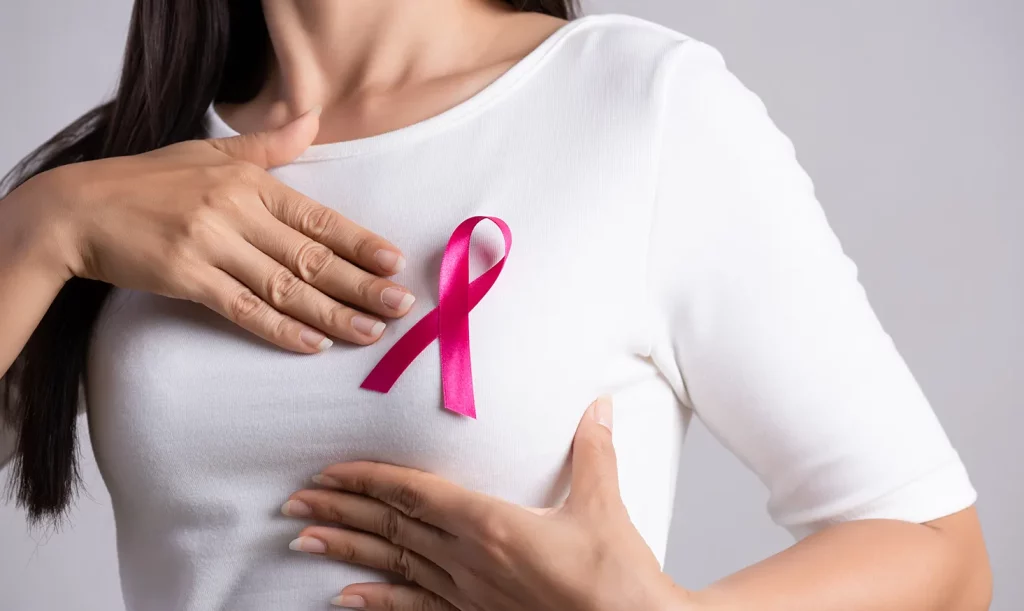
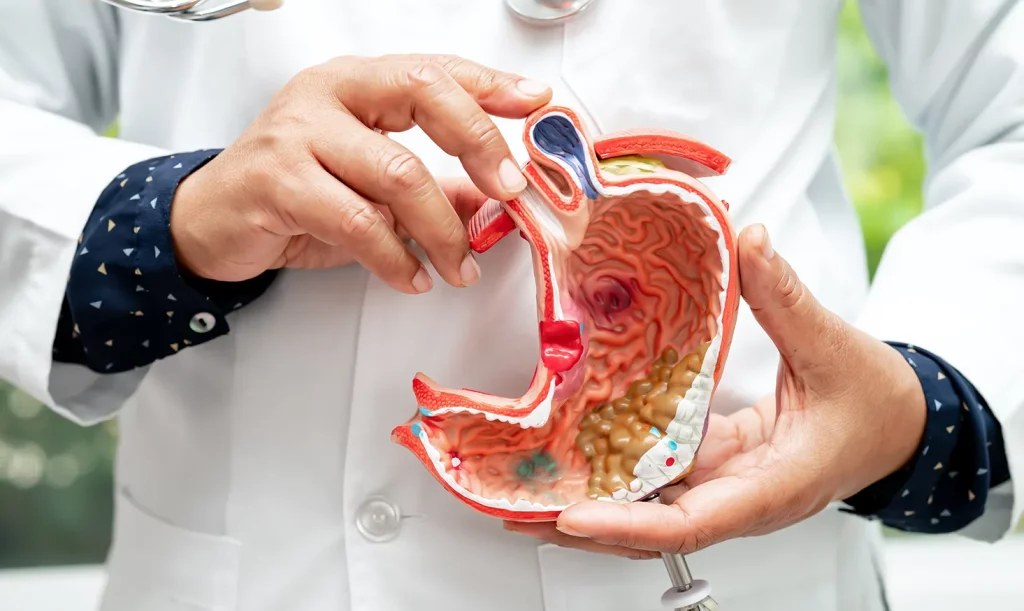

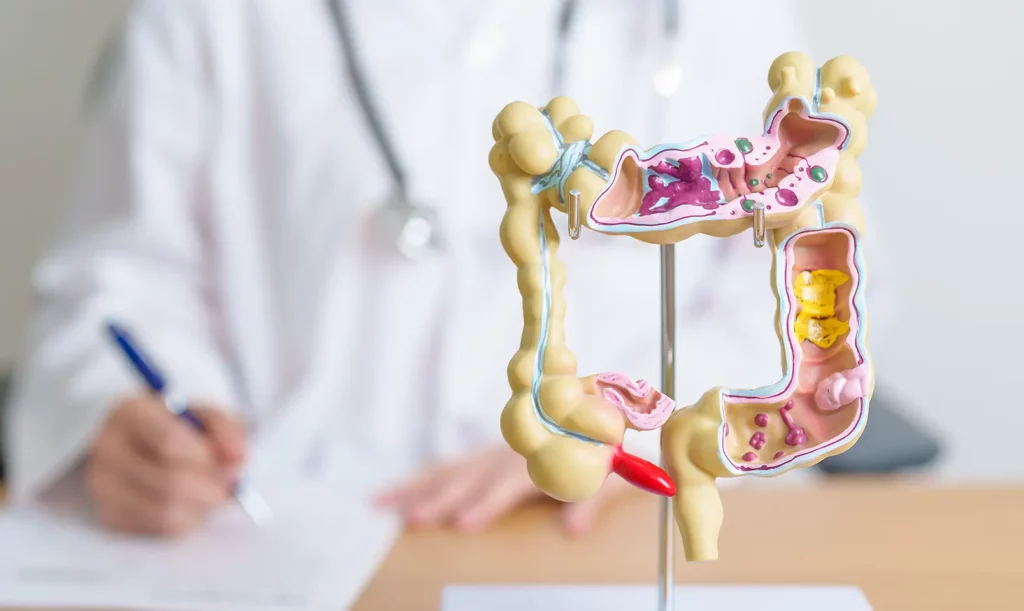



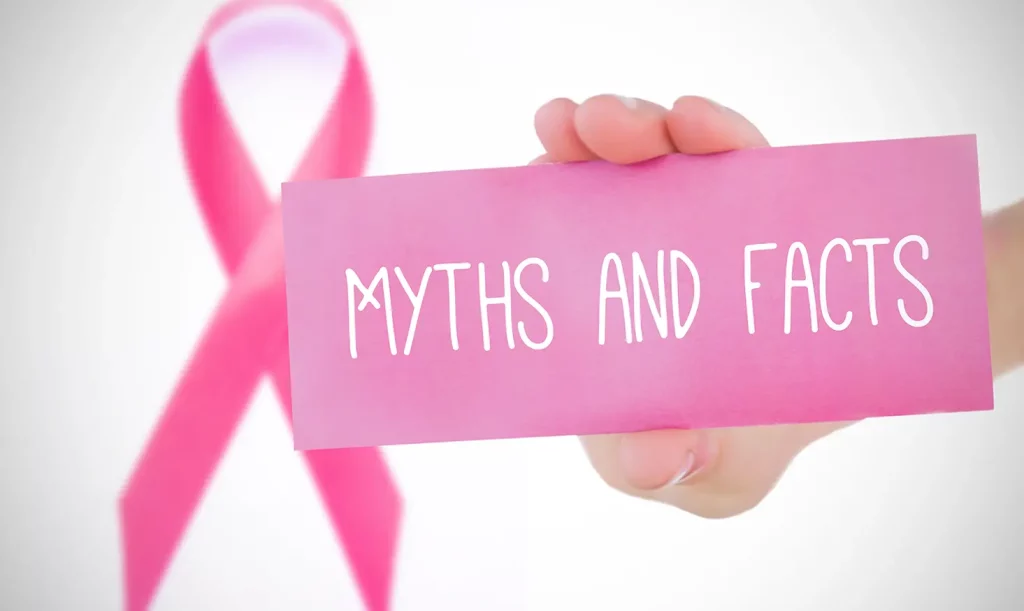



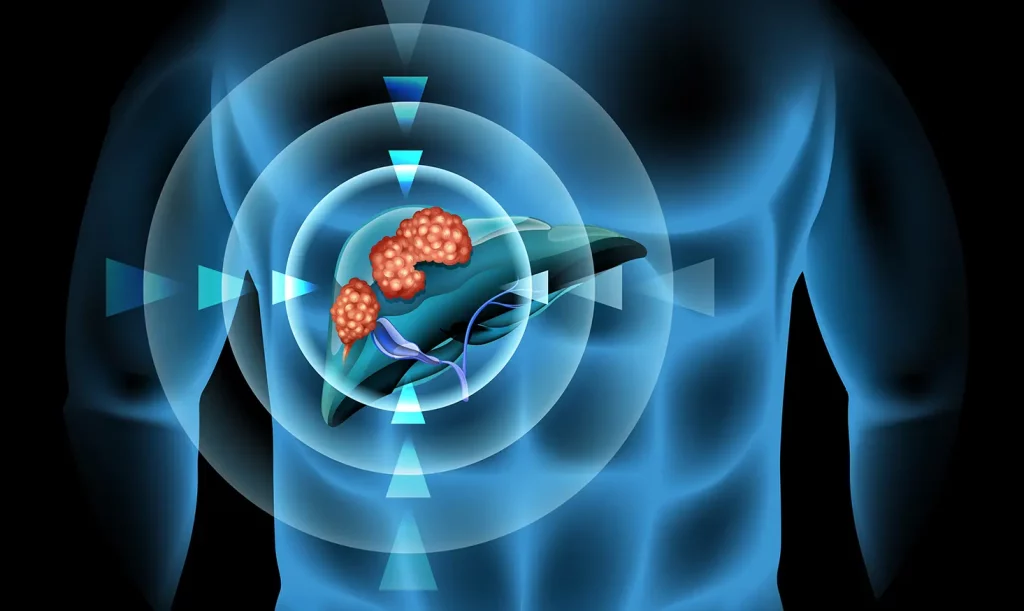

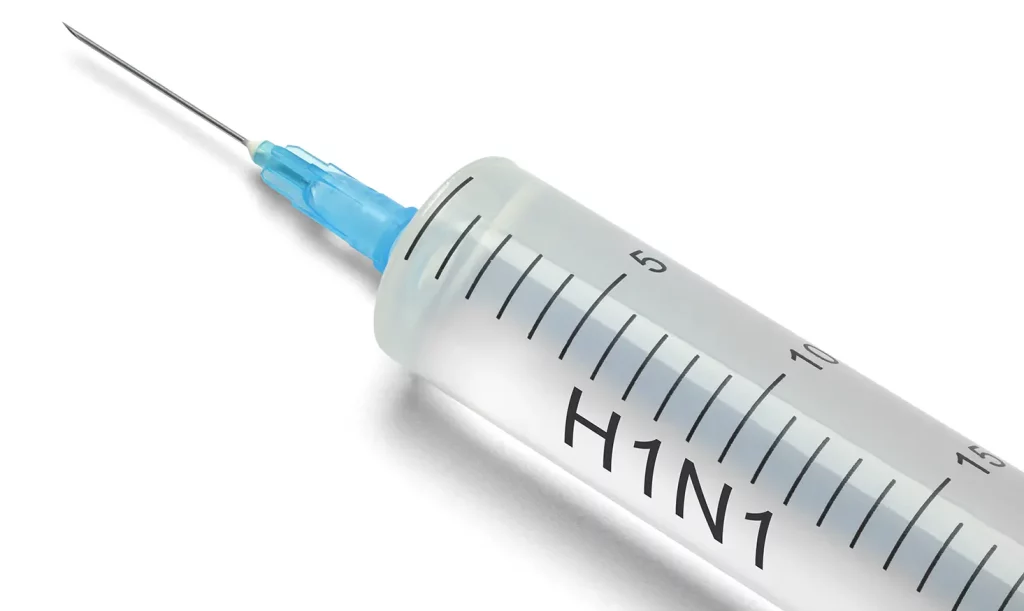



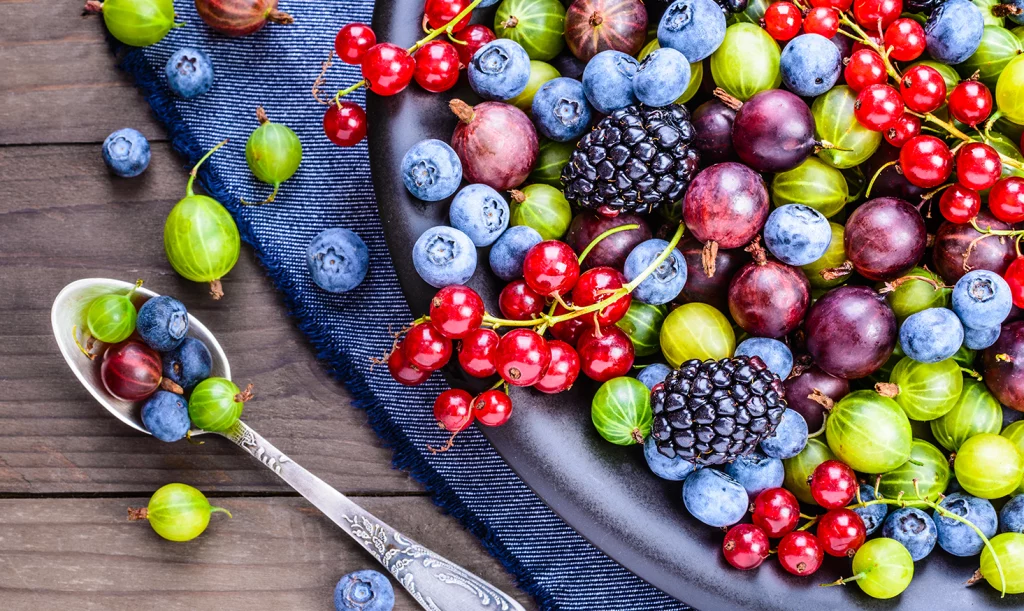
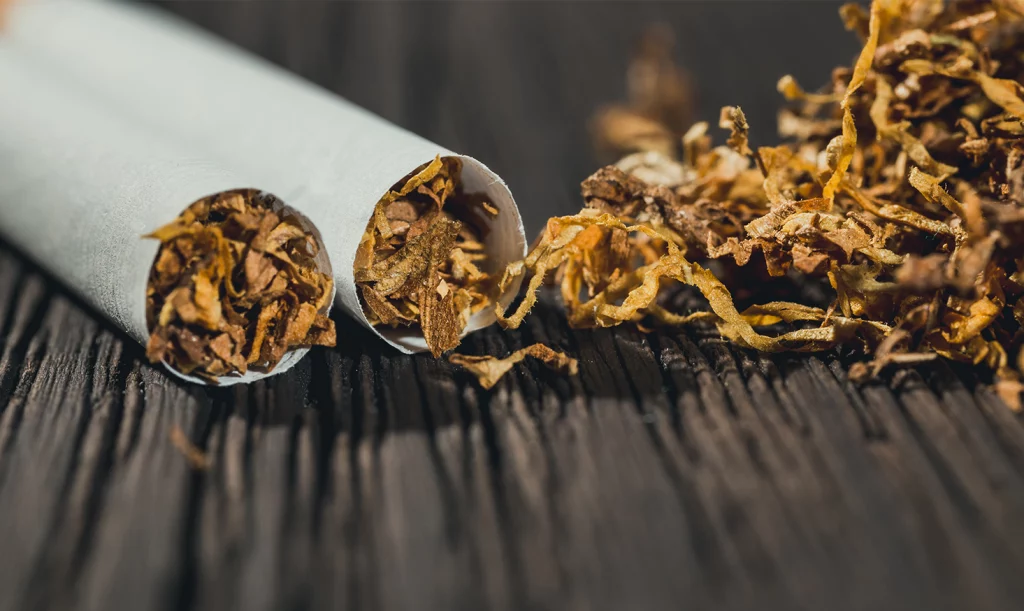
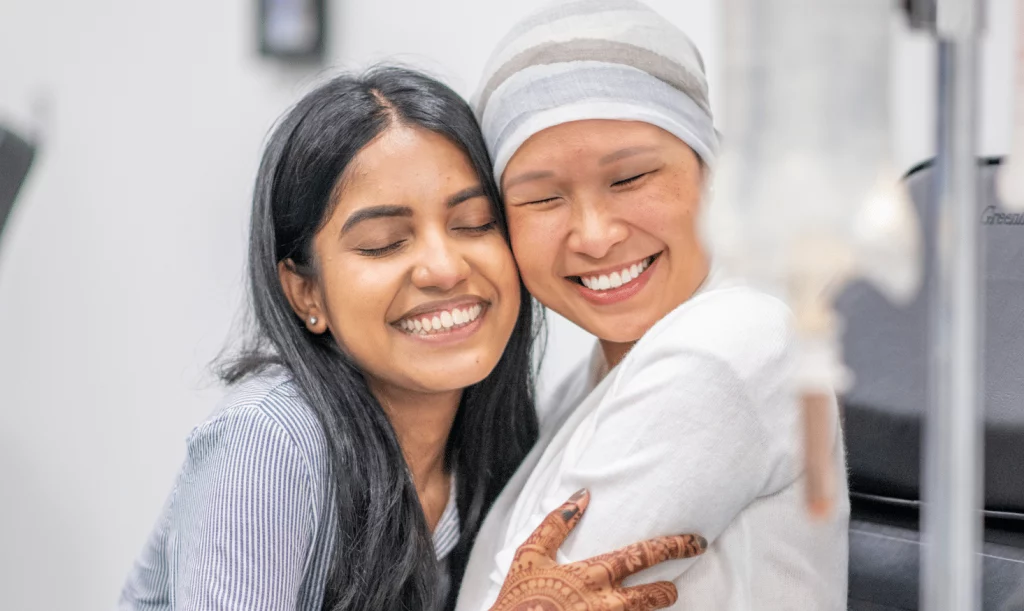
The Cancer Centre @ Mount Elizabeth Orchard
3 Mount Elizabeth #03-04
Mount Elizabeth Medical Centre
Singapore 228510

BOOK AN APPOINTMENT
Được thành lập vào năm 2005, Tập đoàn Y tế Singapore (SMG) là một tổ chức chăm sóc sức khỏe với mạng lưới các nhà cung cấp chuyên khoa tư nhân trên bốn trụ cột đã được thiết lập - Thẩm mỹ, Chẩn đoán hình ảnh & Sàng lọc, Ung thư và Sức khỏe Phụ nữ và Trẻ em. Tại Singapore, SMG có hơn 40 phòng khám có vị trí chiến lược ở trung tâm Singapore và các khu trung tâm. Ngoài Singapore, SMG cũng đã có mặt tại Indonesia, Việt Nam và Úc. Tìm hiểu về chính sách bảo mật của chúng tôi tại đây.
